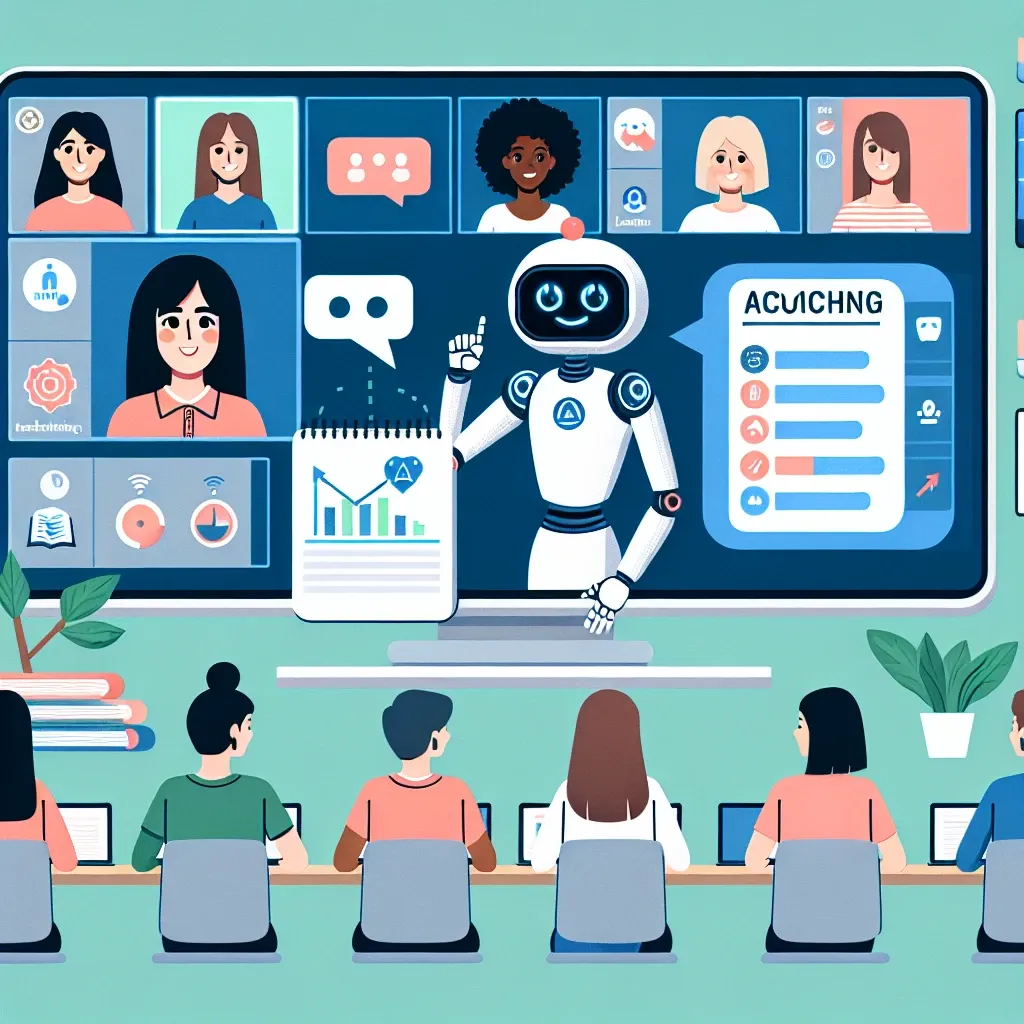Introduction to AI in Speech Recognition
Artificial Intelligence (AI) has revolutionized numerous fields, and speech recognition is one of the most impactful areas. With the ability to understand and process human language, AI-driven speech recognition technologies are transforming industries ranging from customer service to healthcare.
Understanding Speech Recognition Technology
Speech recognition technology involves converting spoken language into text. By employing algorithms that analyze auditory signals, this technology enables computers and devices to understand human speech.
Components of Speech Recognition
- Audio Input: The spoken words are captured through a microphone or an audio device.
- Processing Unit: AI algorithms process the audio signals, breaking them down into phonemes and words.
- Language Model: This helps in predicting the most likely words based on the context and structure of sentences.
- Output: The processed text is delivered for further action, such as commands or transcriptions.
The Role of AI in Enhancing Speech Recognition
AI significantly improves the accuracy and efficiency of speech recognition systems. Through machine learning and deep learning techniques, these systems can learn from vast datasets, continuously improving their understanding of various languages, dialects, and accents.
Key AI Techniques Used in Speech Recognition
- Neural Networks: Deep learning models, particularly Recurrent Neural Networks (RNNs), are utilized for better performance in understanding speech patterns.
- Natural Language Processing (NLP): NLP enables the system to comprehend nuances in language, context, and sentiment.
- Adaptive Learning: This allows systems to adjust to individual speaker’s vocal traits, improving recognition accuracy over time.
Applications of AI in Speech Recognition
The applications of AI in speech recognition are vast and varied:
- Voice Assistants: Devices like smartphones and smart speakers utilize speech recognition for user interactions.
- Customer Support: Many companies employ AI-driven speech recognition systems to handle customer queries efficiently.
- Healthcare: Medical professionals use speech recognition to transcribe patient notes, enhancing documentation accuracy.
- Education: Language learning applications leverage speech recognition to provide instant feedback on pronunciation and fluency.
The Future of AI in Speech Recognition
The future looks promising for AI in speech recognition technology. As advancements continue, we can anticipate:
- Increased Accuracy: Continuous improvements in AI models will lead to even higher rates of transcription accuracy.
- Multilingual Support: Enhanced capabilities to recognize and translate multiple languages will cater to a global audience.
- Emotion Recognition: Future systems may also understand and respond to the emotional tone of the speaker.
Conclusion
AI in speech recognition is not just a technological shift; it’s a complete transformation in how humans interact with machines. As this technology advances, it will become an integral part of our daily lives, making communication more seamless and intuitive.




Leave a Reply